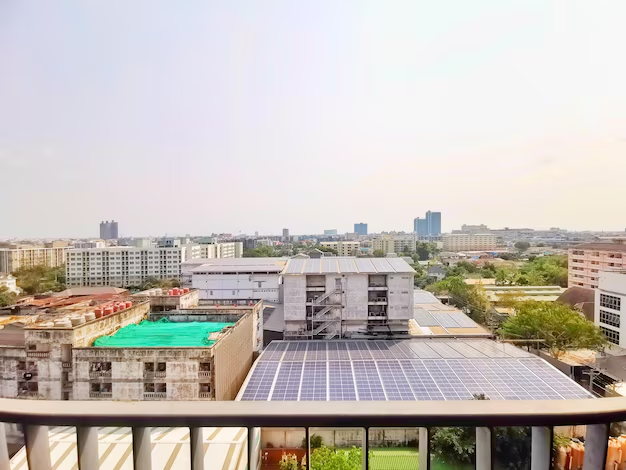Understanding Your Apartment's Energy Consumption: Clarity on Kwh Usage
When it comes to managing household expenses, knowing how many kilowatt-hours (kWh) an apartment typically uses each month is essential. This not only helps in budgeting effectively but also in making informed decisions on energy efficiency.
Typical kWh Usage in Apartments
The average electricity consumption in an apartment can vary significantly based on location, size, occupancy, and appliances used. On average, a one-bedroom apartment might use between 500 and 900 kWh per month. Larger units or those with multiple occupants can see this number rise to 1,200 kWh or more.
Factors Affecting Energy Consumption
- Geographic Location: Warmer climates may require more air conditioning use, increasing electric use, while colder climates might see higher heating demands.
- Apartment Size: Larger square footage typically means more lights, heating, and cooling is required.
- Appliances: Energy-efficient models can cut down consumption considerably compared to older, less efficient ones.
- Occupancy: More people often equate to more electronics and appliances running simultaneously.
Managing Energy Costs
Keeping energy expenses manageable is crucial not only for your budget but for promoting sustainable living. Here are some strategies to help:
Improve Efficiency
- Upgrade Appliances: Consider energy-efficient models for refrigerators, dishwashers, and washers.
- Smart Thermostats: These can optimize your heating and cooling, saving both energy and money.
- Lighting: Switch to LED bulbs as they use less energy and have a longer life than traditional incandescents.
Embrace Simple Changes
- Seal Leaks: Insulate windows and doors to prevent heat loss in winter or cool air escape in summer.
- Unplug Devices: Electronics consume power even when off, use power strips to easily disconnect them.
Navigating Financial Assistance
Energy costs can sometimes be overwhelming, especially if you encounter a sudden increase in your bill. Thankfully, there are financial aid programs available that can provide support.
Available Financial Aid Programs
- Low-Income Home Energy Assistance Program (LIHEAP): Offers help with energy costs for qualifying households.
- Weatherization Assistance Programs: Aims to improve energy efficiency, reducing overall consumption and costs.
- Utility Company Assistance Programs: Many energy providers offer budget billing or payment assistance plans to ease high bill burdens.
Other Resources Worth Exploring
Beyond direct energy assistance, considering broader financial support options could also prove beneficial:
- Credit Counseling Services: To better manage and plan out bill payments.
- Debt Relief Solutions: If grappling with larger financial issues than just energy bills.
- Educational Grants and Scholarships: To ease the financial burden of students, potentially freeing up funds for other expenses.
Balancing your budget while managing energy consumption requires awareness and proactive steps. By understanding your average kWh usage and exploring assistance options, you can foster both financial health and a more sustainable lifestyle.
Quick Guide to Financial Support and Resources
🔌 Energy Assistance:
- LIHEAP
- Utility-specific programs
📉 Debt and Credit Solutions:
- Credit counseling services
- Debt consolidation plans
🎓 Educational Support:
- Scholarships for students
- Grants to reduce educational expenses
By keeping energy use in check and leveraging available resources, managing apartment living expenses can be less daunting and more sustainable.

